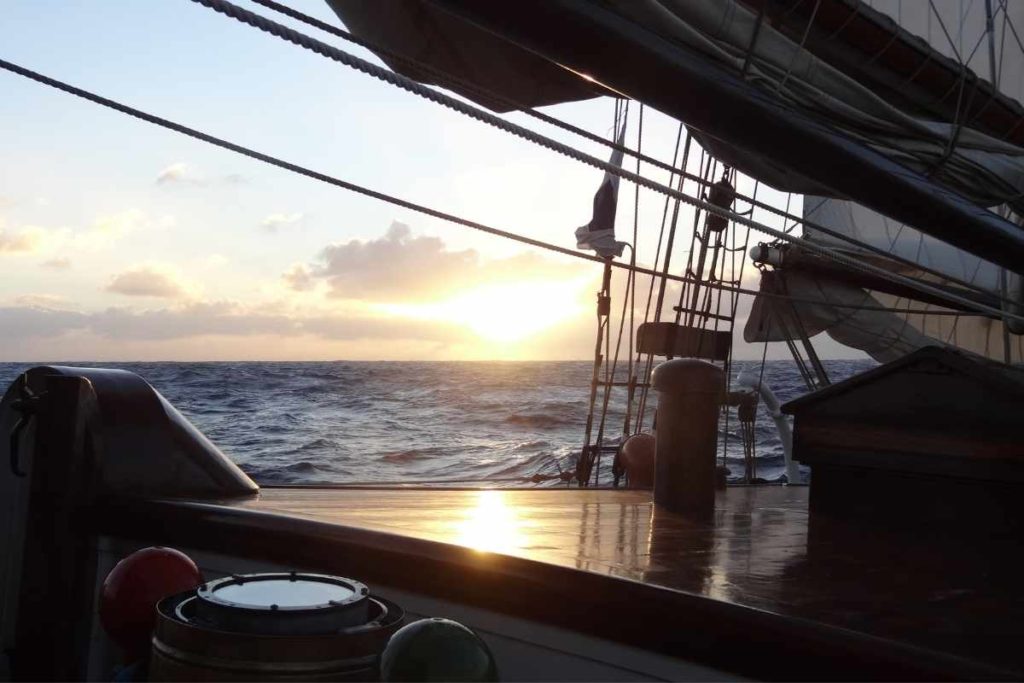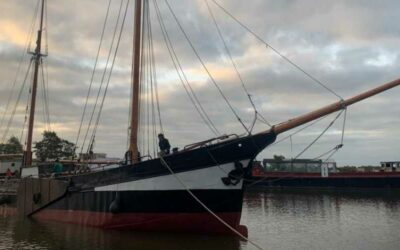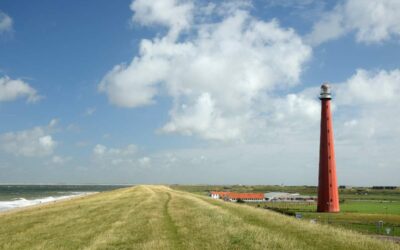Some think of nostalgia as a yearning for the past, yet we also take great comfort in reliving a story and enjoy a sense of peace in knowing how that story will end.
The past can “feel complete, stable, coherent, safe… so very unlike the present”.
Yet, nostalgia for the sea can be experienced very differently. The sounds, sights and smells can remain unchanged throughout our lives. Landscapes may alter but the seascape endures.
For those who dream of the sea, returning to it can be a step directly into nostalgia. The wind and the waves roll onward without pause.

THE SEA! the sea! the open sea!
This is the opening to Barry Cornwall’s poem ‘The Sea’. Poets and storytellers are fascinated by the sea, often describing a sea that sings, a sea that sparkles, a sea that lurks deep in the imagination.
Such poems, stories and songs have been written about the sea, to the sea or for the sea for as long as people have stood on the shore or ventured into the open water.
We wonder what early humans might have thought when they first stood before the sea? The seemingly boundless water that extended into the sky; little spikes of land barely visible but just close enough for the most adventurous to try and reach.
The waves are part of a shared history. When you stand on the beach you see a scene that has not changed for thousands of years, a view that looks back through time.
Ever since we learned how, humans have been using the sustainable and inexhaustible wind to move ourselves and cargo across the sea. Each generation improving on the last, culminating in the sleek Clippers and Windjammers of the 19th and 20th centuries. Names like Cutty Sark in the UK or Noach in The Netherlands still loom large in our collective imagination.
Nostalgia for the sea is so much more than a longing for the past, it is a part of the present and links intricately to the future.

A nostalgic future
At the culmination of sail, and using only wind power, voyages were made faster year on year. By the mid-late 19th century tea was being raced from ports in China to Britain in less than 100 days.
Famous ships competed to move their cargo in record breaking time. Premiums were placed on the first shipment to reach the docks; rewards were given to the crew and the progress of each ship was followed closely in the shipping intelligence column of major newspapers.
All that changed with the arrival of steam.
Journey time might have improved but today the shipping industry is responsible for approximately 2-3% of all man-made fossil fuel emissions.
It is to the nostalgic days of the age of sail shipping that sail cargo companies like EcoClipper are now looking to as an inspiration for the future.

History is a resource. Shipbuilders and sailors have used the collected knowledge of their forebears to learn and improve ever since the first canoe was scrapped out of a fallen log. Despite 200 years of steam and motor vessels, the skill of sailing with the wind remains with us.
With environmental awareness rising worldwide, and sustainability now an established watchword for both individuals and businesses, companies of sailors are re-envisioning the days of sail for the future.
Modern weather tracking and navigation techniques allow for greater efficiency in the journeys and accuracy in their timings. Ethical producers will link to consumers, using an ethical and sustainable transport system.
With the return of sail and with this growing demand, the nostalgic past will live once again when magnificent sail cargo vessels return to harbours across the world on a regular basis.
References:
Barry Cornwall (1787-1874). The Sea
Howard, S.A. (2012) Nostalgia. Analysis Vol 72 (4) p641-650
Niemeyer, K. (2014) Media and nostalgia. Yearning for the past, present and future. Palgrave Macmillan, London




